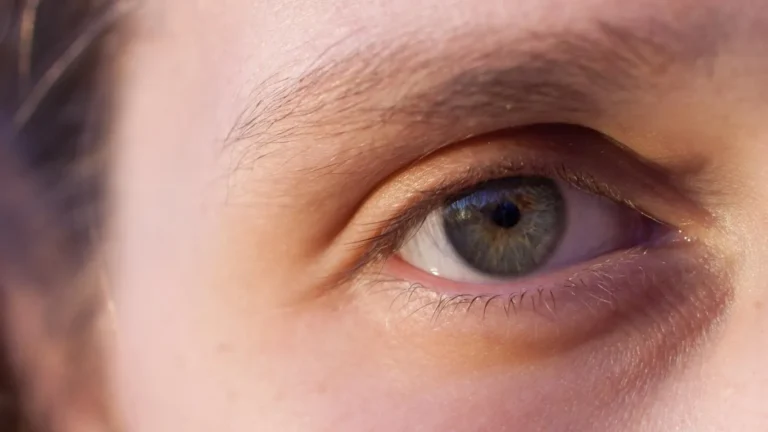Best Asthma Safe Home Air Fresheners That Actually Work
If you or a loved one has asthma, creating a clean and safe home environment is important. One area that’s easy to overlook is the air fresheners we use every day. While they make our homes smell nice, many air fresheners can actually trigger asthma symptoms. The good news? There are safer alternatives that can keep your space smelling fresh without risking your health.
Understanding Asthma and the Air You Breathe
Asthma is a chronic condition that affects the airways in your lungs. These airways can become inflamed, narrow, and produce extra mucus. This makes it hard to breathe and may cause coughing, wheezing, chest tightness, or shortness of breath.
People with asthma have more sensitive airways. This means that even small amounts of irritating substances—called “triggers”—can cause symptoms to flare up. Common triggers include dust, pollen, pet dander, smoke, and strong scents, including those from some air fresheners.
Clean, fresh air is important for everyone, but it’s especially crucial for people with asthma. The fewer irritants in your indoor air, the better your lungs can function and the fewer symptoms you’re likely to have.
How Air Fresheners Affect Breathing
Air fresheners work by releasing scents into the air, often through sprays, diffusers, gels, or plug-ins. Many of them contain chemicals known as volatile organic compounds (VOCs). VOCs are gases released from certain solids or liquids—and they can irritate your lungs and worsen asthma symptoms.
When someone with asthma inhales VOCs, their already sensitive airways can react by tightening or becoming inflamed. This makes it harder to breathe and can lead to an asthma attack. Even air fresheners labeled “natural” or “green” might still release irritating particles into the air.
Some products also use phthalates (chemicals that help scents last longer) and synthetic fragrances that can be harmful, especially in enclosed spaces without good ventilation.
Common Asthma Triggers in Air Fresheners
- Fragrance: Synthetic perfumes or scents can irritate airways, even if they smell pleasant.
- VOCs: These include chemicals like formaldehyde and benzene, often found in sprays and plug-ins.
- Phthalates: Used to make the scent last longer, they can act as endocrine disruptors and irritants.
- Aerosol propellants: Gases used to push sprays out of cans may also irritate the lungs.
- Essential oils (sometimes): While often considered natural, some strong oils can still trigger symptoms in sensitive people.
If you notice asthma symptoms getting worse after using air fresheners, it’s a good idea to stop using them and see if things improve. Talk to your doctor if symptoms continue or you’re not sure what’s causing the issue.
Asthma-Safe Alternatives to Air Fresheners
Luckily, there are ways to keep your home smelling fresh without irritating your lungs. Here are some asthma-friendly options to consider:
- Open windows: Fresh outdoor air (on low-pollen days) can clear out stuffy indoor air and odors.
- Baking soda: Great at absorbing odors; place an open box in rooms or sprinkle on carpets before vacuuming.
- Activated charcoal: Absorbs odors without adding scent.
- Houseplants: Certain plants like spider plants and peace lilies can help improve indoor air quality.
- Essential oil diffusers (used with care): Choose mild oils like lavender or chamomile, and only use them in well-ventilated areas. Avoid if you’ve had a reaction before.
- Simmer pots: Boil water with cinnamon sticks, lemon peels, or cloves on the stove for a light, natural scent.
- Homemade sprays: Mix distilled water with a few drops of gentle essential oil and spritz lightly. Always test a small area and monitor for symptoms.
Choose unscented cleaning products and detergents, and wash soft furnishings regularly to prevent musty odors. Often, the best way to freshen a room is to remove the source of the smell instead of masking it.
Signs Your Air Freshener Might Be Causing Problems
Even if a product seems mild, it might still be affecting your health. Watch for these signs, especially if they happen after using a scented product:
- Wheezing or whistling sounds when breathing
- Shortness of breath or tightness in the chest
- Frequent coughing, especially at night
- Burning or itchy eyes, nose, or throat
- Increased need for a rescue inhaler
If you notice any of these, try removing the product and ventilating your space. If symptoms improve, that product may be a trigger. Keep track of which scents or brands cause issues to avoid them in the future.
When to Talk to a Doctor
If asthma symptoms are interfering with your daily life or seem to be getting worse, it’s time to talk to a healthcare provider. They can help you identify triggers, adjust your medication, or refer you to an asthma or allergy specialist.
Let your doctor know if you’re using air fresheners regularly. They can help you find safer options and make suggestions based on your specific sensitivities. No one solution works for everyone, but your healthcare team can work with you to create a plan that keeps your home clean, fresh, and asthma-friendly.
Don’t wait until symptoms get severe. Early changes can make a big difference—and your lungs will thank you for it!

Bianca Nala is a compassionate Nurse Practitioner with a strong background in primary and respiratory care. As a health writer for Healthusias.com, she combines her clinical expertise with a talent for clear, relatable storytelling to help readers better understand their health. Bianca focuses on topics like asthma, COPD, chronic cough, and overall lung health, aiming to simplify complex medical topics without losing accuracy. Whether she’s treating patients or writing articles, Bianca is driven by a single goal: making quality healthcare knowledge accessible to everyone.







